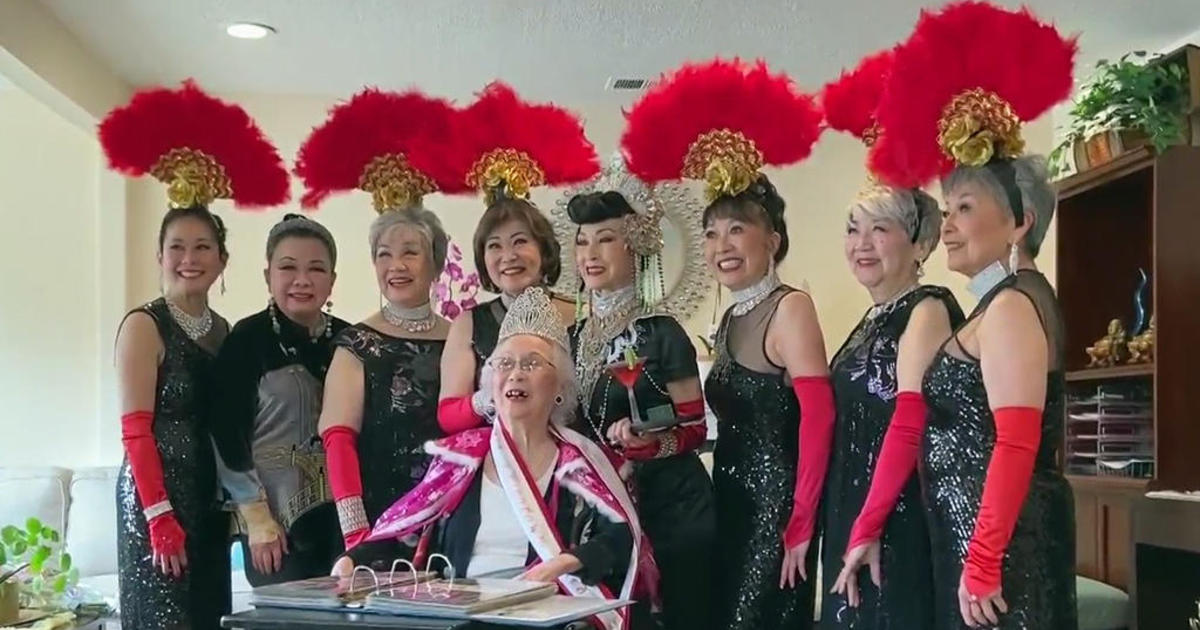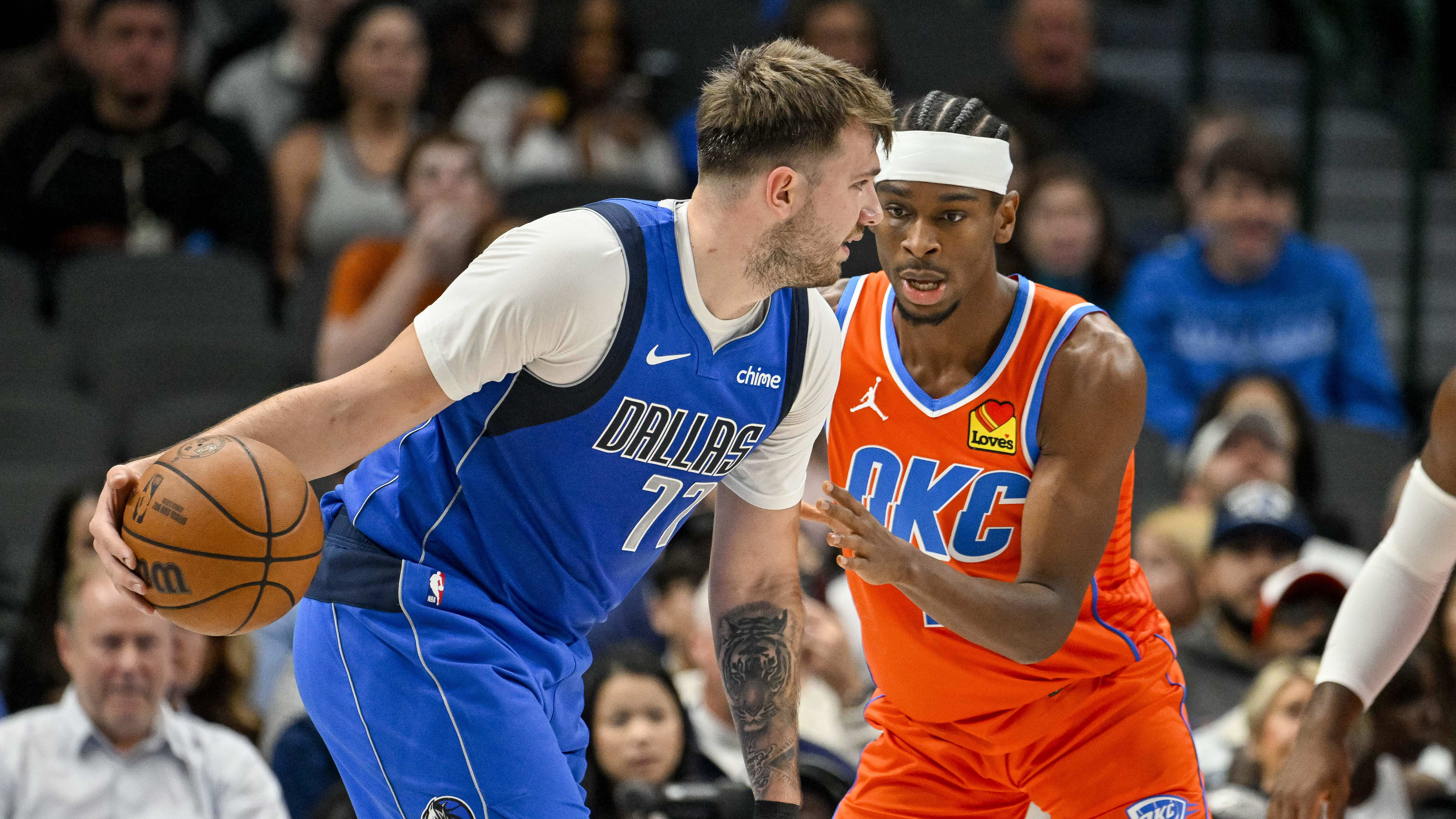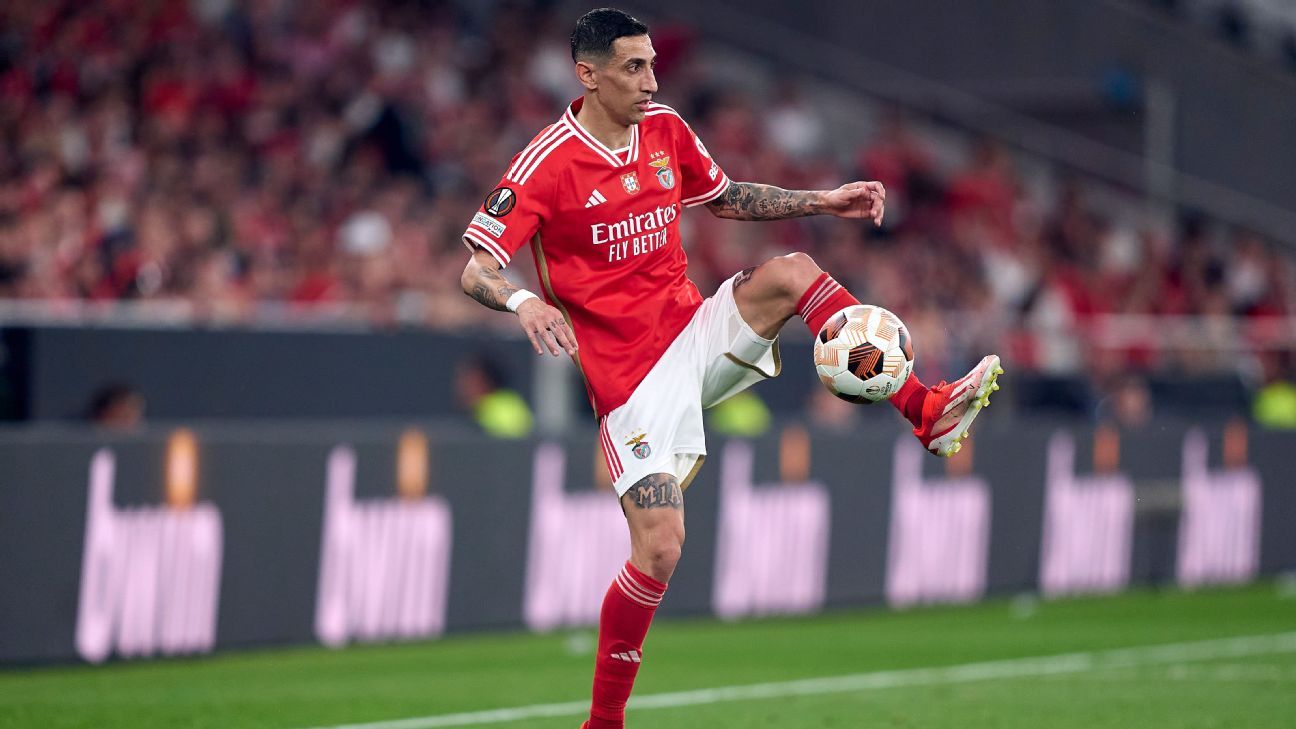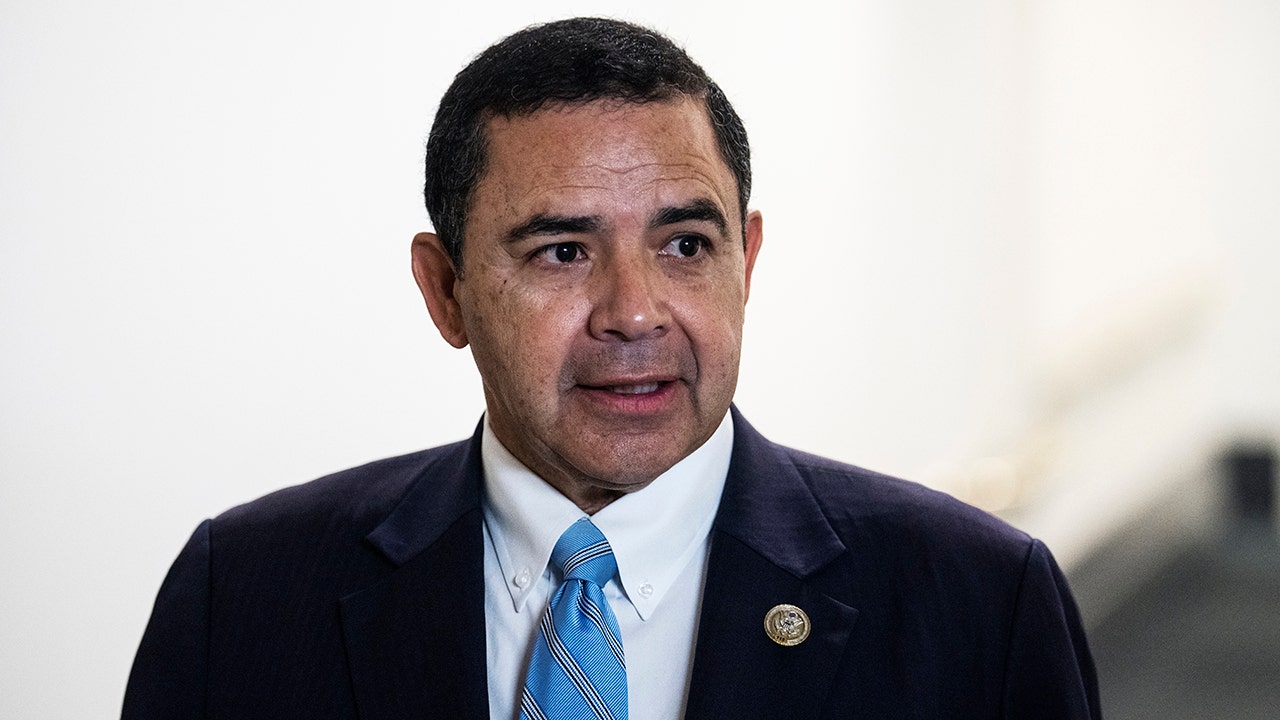Augusta, GA
Augusta Fire Department breaks ground for new station

AUGUSTA, Ga. (WRDW/WAGT) – The Augusta Fire Department held a groundbreaking ceremony for the new Fire Station 3 on Wednesday.
The new station is located at 2075 Powell Road.
This event marks the beginning of the construction process for a state-of-the-art facility aimed at enhancing emergency response capabilities and public safety infrastructure.
SEE THE FULL CEREMONY:
“Fire Station 3′s launch will boost our emergency services with cutting-edge technology, reinforcing our swift, effective community safety response,” said Fire Chief Antonio Burden. “We’re excited to enhance Augusta’s exceptional fire and EMS services as our community grows.”
The ceremony included insights from city and fire department leaders, offering attendees a closer look at the project’s community benefits.
For more information, please contact Public Information Officer Chiquita Richardson at 706-825-1076.
Copyright 2024 WRDW/WAGT. All rights reserved.

Augusta, GA
From the archives: A Q&A with Peter Oosterhuis, the hardest-working man in golf broadcasting
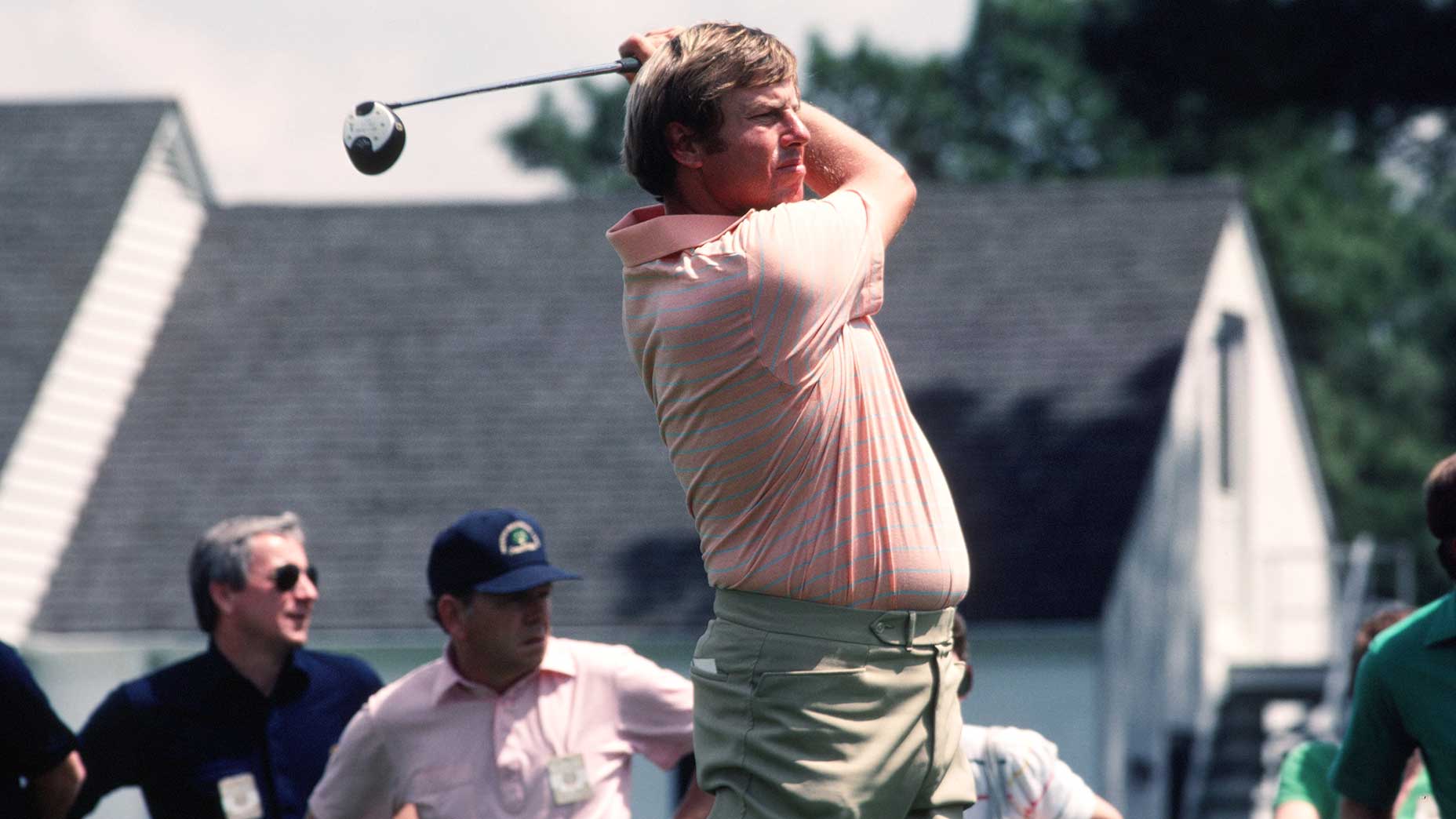
Peter Oosterhuis watches his shot during the 1984 Masters at Augusta National Golf Club in Augusta, Ga.
Augusta National/Getty Images
Peter Oosterhuis, a six-time Ryder Cupper who won 28 times professionally and was the longtime voice of the 17th hole during CBS’s Masters coverage, died on Thursday. Oosterhuis was 75 years old, and he passed a day before his 76th birthday. This interview originally appeared in the October 2007 issue of GOLF magazine.
***
When your colleagues include Nick Faldo, Gary McCord and David Feherty, it’s easy to get overshadowed, even if you’ve won four Orders of Merit. “I can’t compete,” admits Peter Oosterhuis, the 59-year-old European Tour icon-turned-golf analyst for CBS Sports and The Golf Channel. Thing is, the 6-foot-5-inch Brit doesn’t need to compete. With dogged preparation (Oosterhuis keeps handwritten notes of every event he covers and frequently trawls the media center for other nuggets; he also came to a recent interview armed with a PGA Tour media guide, and twice fact-checked himself), an uncluttered delivery and an accent so dignified that it adds instant credence to his observations, as one of the game’s most composed and calculated broadcasters, the yin to McCord’s yang.
Ironically, Oosty, as he’s been known since he first grabbed headlines as a teen phenom and later for his sterling Ryder Cup play, cites his lack of preparation for his failure to excel on the PGA Tour.
“Maybe I didn’t work as hard as I should have,” he says. After leaving the European Tour in 1975, he won just once on the American circuit — in Canada, actually — before unceremoniously retiring for a job in a New Jersey pro shop. It’s been an up-and-down ride for the pride of Dulwich, England, but one that has landed him, from his customary perch above the 17th green, squarely back on top.
You have a reputation for doing your homework before calling a tournament. Do you outwork the other analysts?
Well, they may be doing things I’m not doing as well. They may spend more time on the course and more time on the driving range. I get the paperwork, and if somebody hasn’t handed me all the paperwork I need, I go to the media center to check what’s there. It’s just a routine I have of accumulating all the papers, the media guides, then throwing away a lot of what I don’t need. There’s not time to use everything.
Sounds like hard work. McCord says he reads magazines in the tower.
Yeah, I think he does. But I think he also has a guy sitting next to him who’s very good at feeding him solid information that he might need. I have a guy, too, but I think Gary’s guy has taken it upon himself to feed some really good stuff to Gary so that he comes up with a stat every now and then that’s relevant. CBS is a great team, because we all bring something to the table. Whether somebody says that I do more homework than the other guys, it doesn’t matter, because the result is the team does a great job of covering a golf tournament.
Does it bother you that McCord and Feherty get more attention than you?
No, I can’t compete. They’re unique characters. I mean they’re both brilliant in their own way. We know we cover different angles, and whether it’s some crazy Irishman or a California dude [laughs], it all comes together.
Has your charming British accent been an asset to you in broadcasting?
[Laughs] Well, I’m guessing it has helped me. But I haven’t tried to change my accent. That’s just the way I am. So I’m lucky in that way. I was lucky that I went to a good school in southeast London where you had to talk properly or someone would tell you, “Get your act together and talk properly.” It keeps me in a job.
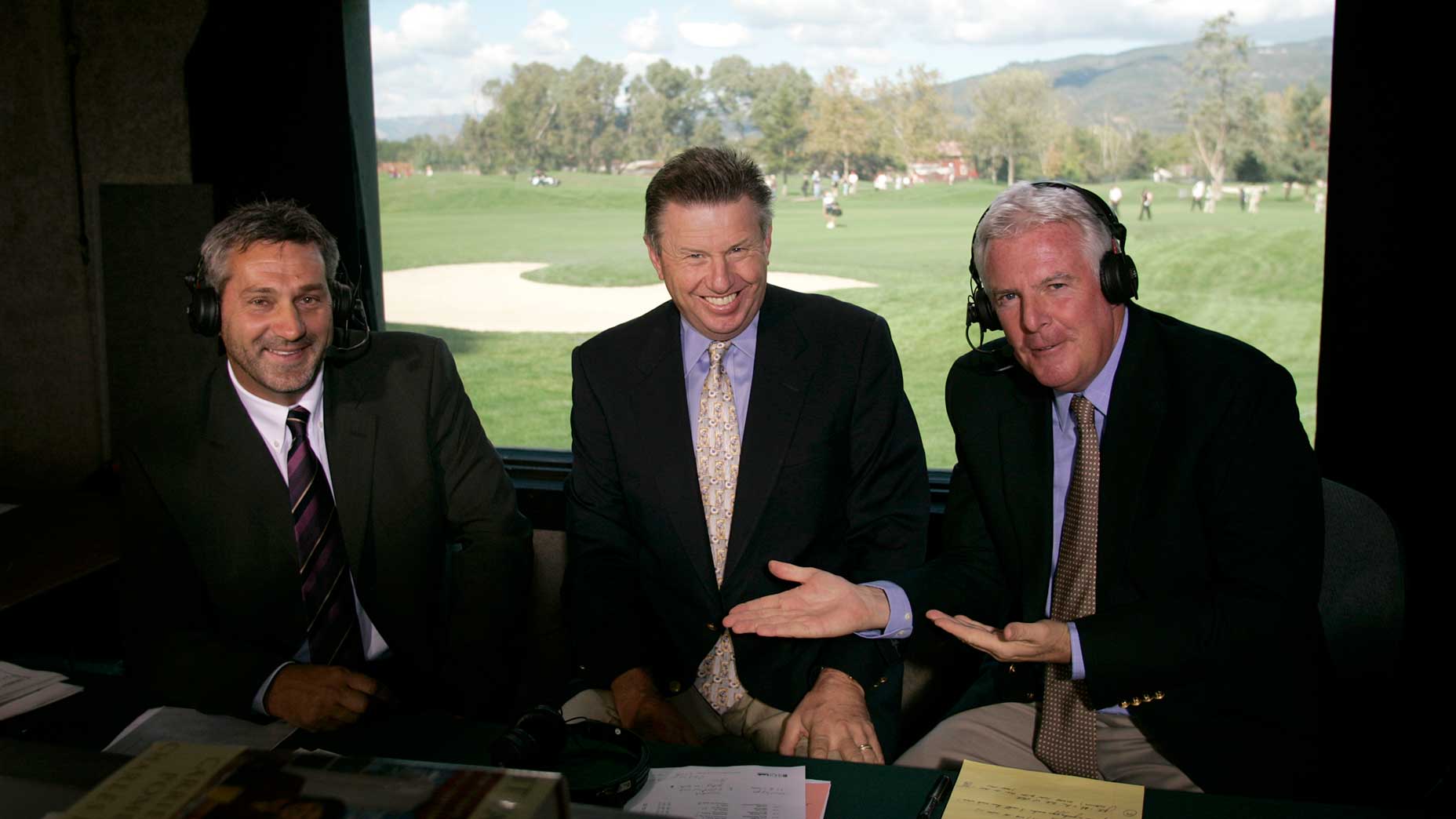
Chris Condon/PGA Tour
What’s been your most memorable moment in the booth?
I was in the tower at 17 when Tiger won his first Masters in 1997. At that time, the 18th hole was only 400 yards, not 460-something. So I’m right behind the 17th green and I could look out of my tower straight up 18, and the tee’s right there. I saw Tiger hit four awesome power fades up the 18th fairway, almost identical shots each day.
You also witnessed that bizarre sequence at Torrey Pines in 2001 when Phil Mickelson and Frank Lickliter both hit drives out of bounds in a playoff. You called the action.
That’s right. They both hit balls down into the ravine, and then they were deciding if they had to go back to the tee. Mickelson had hit an awesome provisional and then he realized that even if he found his ball he wasn’t going to play it. So he said, “Don’t look for my ball.” Then they suddenly found his ball. It was actually one of the CBS spotters who thought he was doing a wonderful job. So now Mickelson has to go back to the tee. He can’t play the provisional. He has to deem his first ball unplayable. That was an interesting one to call. I’m not a Rules expert, but I’ve got a rule book and decisions book with me in the tower, so given a couple of minutes I can find something relevant.
Having to explain obscure rulings must be one of the more daunting aspects of the job.
Well, that’s why sometimes we stall, because there are so many rules and so many decisions and so many clauses to each rule, you need to make very sure which one you’re talking about before you start making statements. I was involved in Tiger’s rock incident [at TPC Scottsdale in 2001, when the gallery helped Woods move a boulder near his ball that had been deemed a loose impediment]. Miraculously, I managed to find the two decisions that were relevant. Other people were saying, “No, that’s ridiculous. He can’t do this and he can’t do that. The Rules official doesn’t know what he’s doing.” And I just read the two decisions.
CBS must think highly of you to park you at 17.
I’ve been at 17 the whole time. When Ken Venturi was thinking about his retirement they tried me out in the 18th tower for six or eight events alongside Jim Nantz. And, whatever, I’m not an 18th tower [kind of guy].
Why didn’t 18 work out?
I did my thing, and I was happy with the way it went. In retrospect, you can see when Lanny [Wadkins] came along, he had a combination of things at work: U.S. Ryder Cup captain, major championship winner, multiple winner — and an American. It just made more sense for an American network.
But Faldo’s not American.
Yes, but Faldo’s a former No. 1 in the world. In retrospect, being at the 17th I don’t have to wait for Jim Nantz to set me up to say something. It’s my hole, and I can speak when I have something to say.
Has not winning a major hurt your broadcast career?
Well, if I had won a major maybe I’d be in a different side of the business. Maybe I’d be playing the Champions Tour and designing golf courses instead of being in TV. The other way of looking at it is that just because you’ve won a major doesn’t guarantee you’re going to be a good commentator.
After the 2000 Masters, a TV critic for The New York Times wrote that “the Masters must be readying Oosterhuis’ 2001 credential for a trip through the shredder…
What?!
…How else to explain Oosterhuis’ Bill Walton-like description of Vijay Singh’s missed putt on the eighth hole of Sunday’s final round: ‘That is a horrible misjudgment of the line. He knew it was going to be slick, but he just got it started in the wrong direction — about the worst putt we’ve seen.’”
What’s wrong with that?! Let me read that! [Laughs] What’s wrong with that?!
Well, I suppose he was saying that in light of McCord’s dismissal from the Masters, that’s the sort of biting analysis that can get you in trouble there. Is that not the case?
Well, I wouldn’t… I don’t know. I’m criticizing Vijay’s horrible misjudgment of the line. I mean, Vijay might be upset with me.
Is CBS too soft on its Masters coverage?
In what way? Or should I just say no comment right away?
Well, it’s common knowledge that Augusta National has a heavy hand in what CBS announcers can and can’t say.
What do you want me to say? It’s a unique event. The course is unique. The atmosphere is unique. And the relationship between the tournament management and the network is unique. I’m just trying to do my job. If I’m told, “Don’t say this and don’t say that,” well, then, I’m not going to say them.
Have you ever been reprimanded?
Um [laughs]… no, no, no… [pauses] … No, I don’t think so.
That’s hardly convincing.
Well, at my first Masters, every day the chairman of the tournament committee would come down and let us know everything we needed to know and answer any questions we may have. In the first meeting, I wanted to know what the Stimpmeter reading was, and I was told it was “tournament speed.” [Laughs] I haven’t asked many questions since.
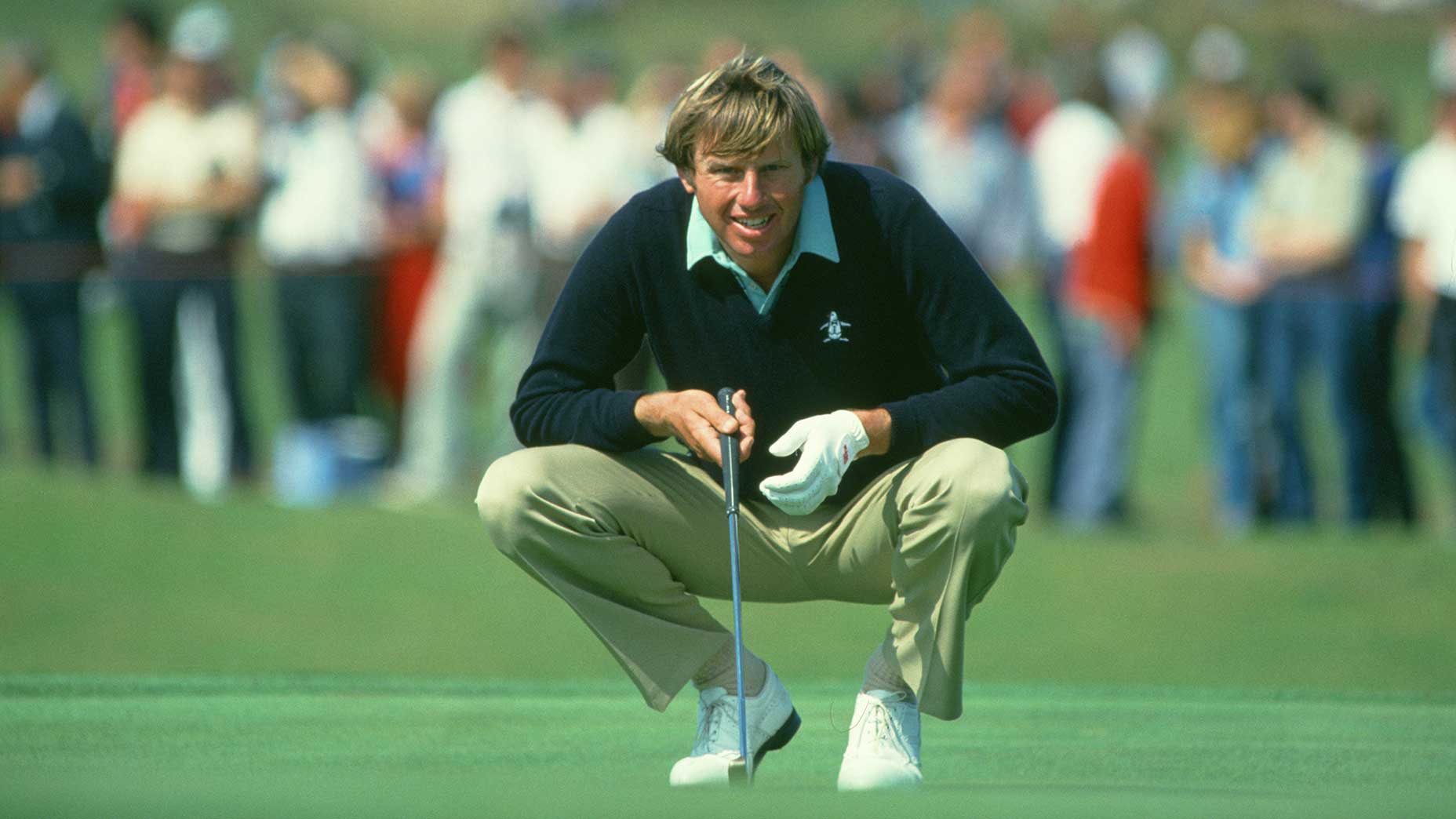
Getty Images
When you first swung a club did you know you had a special talent?
Well, I didn’t know. I was just a 12-year-old. It wasn’t like, “Peter’s going to be the next Tiger Woods, or the next Ben Hogan.” I just played. I played junior golf, I played for Surrey County and eventually played for England, and it all just kind of fell into place. I was 19 years old when I played for the Walker Cup team in 1967, which made me the youngest Brit to have done that.
When you turned pro in 1968, you had to play in events all over the world because the European Tour hadn’t formed yet. Did you get any help from sponsors?
No — well, I think maybe I had a deal with Slazenger, but not for very much. I came back from [my first] South Africa and Rhodesia trip and I’d played like 10 tournaments. I won about 700 pounds, and this was a huge success, literally [laughs]. I’ve got [newspaper] cuttings, which my parents kept, and they were like, “Wow, Oosty did so well in his first trip as a professional!” That’s what the British papers were saying.
And you continued to do well. From 1971-74 you won the Order of Merit four straight years. Did you feel untouchable?
I guess I felt every time I teed it up I’d be in contention. One year I played 13 events and was in the top three 11 times or something, with a couple of wins. But you can’t even compare the strength of the [European] Tour then to what it is now, so much so that when I tried to qualify for the PGA Tour in 1973, I didn’t make it. I flew from the Ryder Cup at Muirfield straight to the qualifying at Pinehurst, and I missed it.
But you made it a year later.
Yes, the next year I went through and qualified. If I was good enough to dominate the European Tour, then the next step was to go the States because it was much more significant and there was a bigger difference between the tours then, a huge difference. The European Tour wasn’t crazy about my leaving, but I didn’t have a choice really.
The European Tour has always had a reputation for having a wild side. Did you partake in any post-round hijinks?
A British golf writer wrote an article in 1973, and one of the things he talked about was, “Oh, here’s Oosty and he’s out here hitting balls and everybody else is having a good time in the clubhouse.” Like it was weird to be hitting balls after the round. I didn’t go out of my way to be a loner but maybe I was just trying to be the best player I could and I was a bit more focused than the other guys.
Did it irk you that Lee Trevino said he’d kiss his teammates’ rear ends if he didn’t beat you in your Ryder Cup singles match in 1973?
I didn’t know he’d said that at the time. One of the magazines had a photograph of him sitting down, and there’s Jack and Arnold and a couple other guys. They’ve got their slacks around their ankles — they’ve still got their underwear on — waiting for their payment. But, no, I didn’t know that. He still says he should have beaten me.
You halved the match, but even after the fact his pre-match pomp didn’t bug you?
I didn’t know about that until years later. I guess I should take it as a compliment that I must have played well enough to get Lee Trevino’s attention, that he was going to make it a point to beat me.
At the 1977 Ryder Cup, you teamed up with one of your future colleagues at CBS, Nick Faldo, and went 2-0 together.
First time I’d ever met him. He was 20 years old, a skinny kid. We teamed together well. In our four-ball match we were 3-down after four holes against Raymond Floyd and Lou Graham, and we came back and beat them. I’d help him line up putts and he’d make everything. If I was 10 feet away and he was 8 feet away, I’d just let him go and he’d make it every time.
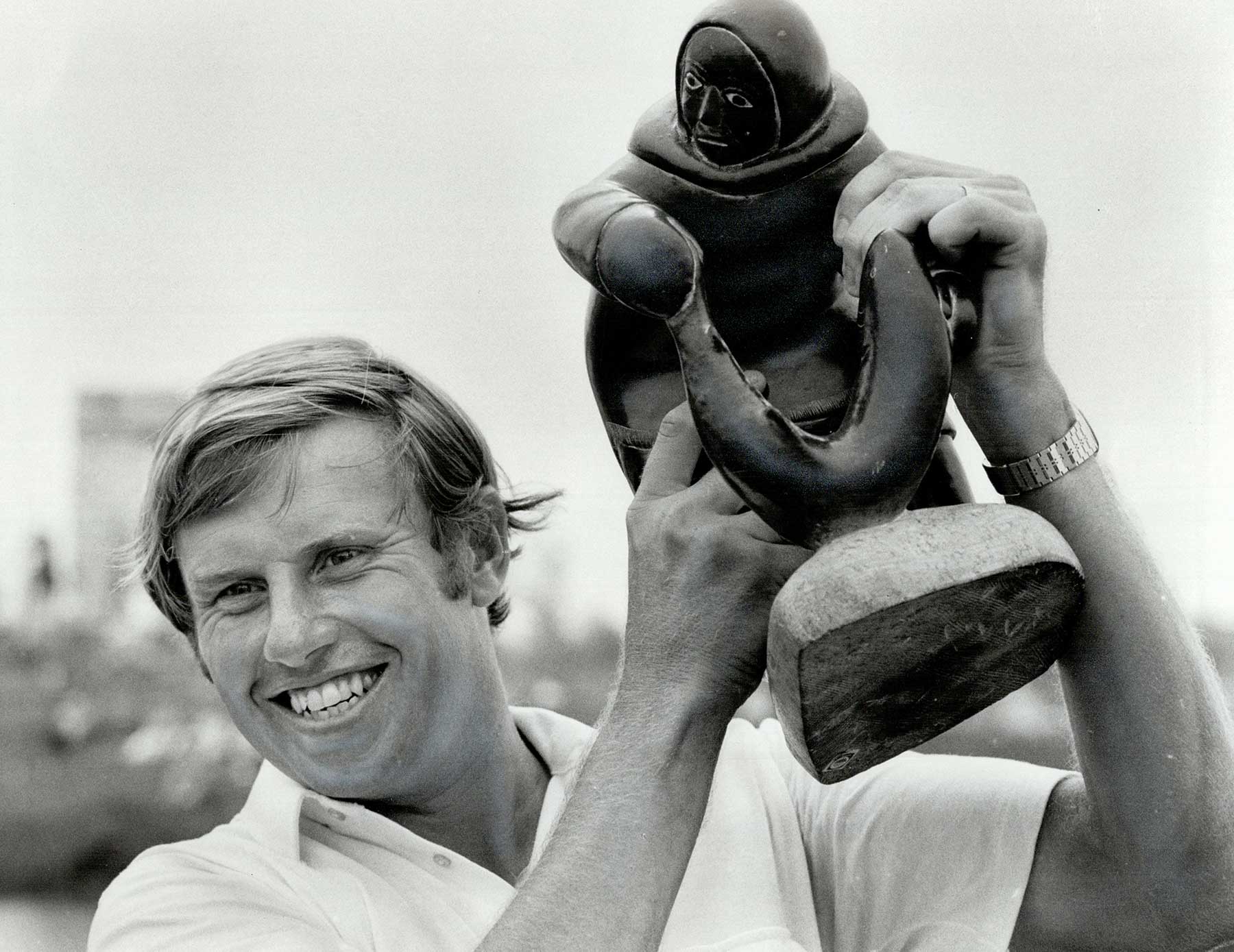
Toronto Star via Getty Images
Your best chance at winning a major was at the 1973 Masters when you had a three-stroke lead after 54 holes. How’d you sleep Saturday night?
Well, Sunday was washed out, and we played on Monday, so I guess I had that much more time to think about it. I don’t remember feeling under pressure or particularly nervous. I’d won some tournaments in Europe, I’d played well in the Ryder Cup and I’d played well enough to lead by three. Whether the extra day’s delay had anything to do with [losing the lead], I don’t know. Actually, before I’d even teed off Tommy Aaron had birdied the first three holes, so that probably had more to do with it than anything else [laughs]. I played a scrappy round, but didn’t play particularly well. When I bogeyed 15 — I blocked my second shot to the right — I was kind of done. I scrambled to make par on the last three and tied for third.
Did the pressure get to you down the stretch?
I always had a short swing and under pressure it would get just a little bit shorter and quicker, and I probably didn’t win as many tournaments. If my swing had been a bit longer, it would have been a bit more reliable and maybe I would have won a few more.
So your short swing was your Achilles’ heel?
Yeah, my short game was usually pretty good. But back then being tall [was a detriment] because there weren’t many choices of equipment. I used a steel shaft just a half-inch over standard even though I’m 6-foot-5, because anything longer than that was too heavy. So I had this short swing from growing up in Great Britain, where it’s windy and a lot of tournaments are played on links courses. I can’t stand up tall and make a big old swing because [the ball] would go straight up in the air.
In 11 years on the PGA Tour, you won just once, at the 1981 Canadian Open. Why did you struggle to break through in the U.S.?
I had a chance to win the Masters, had a chance to win Pensacola. Obviously my record against the top Americans in the Ryder Cup was good. I don’t know. I came over to the States and I think maybe I was just happy that I was on the PGA Tour; at that time it was an achievement. Maybe I didn’t work as hard as I should have.
Your comments after your win at the Canadian Open were telling: “A psychologist friend of mine recently told me I had to change my attitude. I’ll be in 10th place after two rounds and then be content to sit there, I’d be finishing with 73s and 74s. That’s OK in Europe, but it doesn’t win for you here. It was a reflex reaction: if you don’t feel you can win, then losing doesn’t disappoint you so much.”
I said that? [Laughs]
There was clearly a sense of…
Resignation. I don’t know. I’m surprised I said it that way, but I guess if it’s a quote, it’s a quote.
It was a stunning admission.
Well, I wasn’t having all that many top 10s. I don’t think I was even fully exempt at the beginning of 1981. I was playing in Hilton Head, and [former Tour pro] Bert Yancey, who’d moved into teaching, watched me and he said, “How’s your game, Peter?” And I said, “Well, it’s inconsistent — one good shot, one bad shot.” He watched me hit a couple more balls and he said, “You’ve got no routine. You take two waggles before this shot and four before the next.” In five minutes I realized that I could be better: Stand back, decide what shot you’re going to hit, walk in, same number of waggles, hit the shot. That was in April of 1981, and I won the Canadian Open in the beginning of August. I should have gotten fitter, and gotten together with a psychologist.
But that’s not what guys did back then.
They didn’t, no. In retrospect, I was lucky to have this amazing talent for the game. I guess maybe I was fortunate to achieve as much as I did considering I didn’t do so many of the other things the right way.
Augusta, GA
AU women’s golf team returns to regional tournament

AUGUSTA, Ga. (WRDW/WAGT) – Augusta University’s women’s golf program is one step closer to returning to the NCAA National Championship.
Last season, the Jags made their first appearance in the final tournament.
It was a learning experience they didn’t take for granted.
“It’s not rocket science, it’s not magic. It just takes really good solid golf and staying in the moment and focusing on what you need to execute in that second, not letting the stage get too big for you and overcoming that,” said Caroline Haase-Hegg, Southland Conference Coach of the Year.
Kennedy Carroll, Southland Conference Women’s golf player of the Year, said: “We were perceived as underdogs all year. We play a really tough schedule in the spring every spring against the best teams in the country. So knowing that we could get to the nationals and be a lot of other teams that we’ve kind of lost to all year. That was just the coolest experience ever. It was amazing.”
The Jags earned a number 10 seed in the Regional tournament in East Lansing after winning the Southland Conference Championship.
Claiming the field by 67-strokes, the Jags took home their third straight conference title.
“To be able to have a ring for the rest of your life to recognize that year and what you achieve. That’s special. And those are things that down the line, they’re gonna have to show their families and, and to keep in their homes forever. And so so there’s a lot of a lot of meaning to that, especially after the fact. But for us right now, it’s just one step in the process of where we want to go,” said Haase-Hegg.
It was the largest margin of victory in conference history. The Jags shot a team score of 859 and finished 7-over across 54 holes.
Carroll owes the team’s success to a competitive spring schedule.
“I’ve been here for three years. And I think it’s been the best spring we’ve had which has really been motivating for us. I think individually. We have a lot of motivated girls on this team this year that really want to not only for themselves but you know as a team, so upping the ante this year was not a problem at all,” she said.
Carroll beat the rest of the field by nine shots. She was the only one to go under par for the conference tournament.
The Regional tournament begins on Monday. The top five teams include the low individual advance to Carlsbad, California for the NCAA Championships.
Copyright 2024 WRDW/WAGT. All rights reserved.
Augusta, GA
Suspect arrested in Augusta after deadly shooting of Athens toddler

AUGUSTA, Ga. (Atlanta News First) – Athens-Clarke Police Department says a suspect has been arrested in Augusta in connection to the shooting death of a 3-year-old.
According to the Athens-Clarke County Police Department, Desmontrez Mathis was arrested Thursday in Augusta during a multi-jurisdictional law enforcement operation.
Kyron Zarco was killed during a shooting at the Hallmark Mobile Home Park on Spring Valley Road in Athens, WANF reports.
Mathis is charged with two counts of murder, (malice and felony murder), four counts of aggravated assault, and violation of the Georgia Street Gang Terrorism and Prevention Act, according to officials.
Authorities say Mathis also faces a federal charge for unlawful flight.
Mathis was arrested in an operation with law enforcement personnel from ACCPD’s Criminal Investigation Division, the Middle Georgia FBI Safe Streets Task Force, the CSRA FBI Safe Streets Task Force, and the Richmond County Sheriff’s Department.
Mathis is currently in the Clarke County Jail.
Copyright 2024 WRDW/WAGT. All rights reserved.
-

 News1 week ago
News1 week agoLarry Webb’s deathbed confession solves 2000 cold case murder of Susan and Natasha Carter, 10, whose remains were found hours after he died
-

 News1 week ago
News1 week agoFirst cargo ship passes through new channel since Baltimore bridge collapse
-

 World1 week ago
World1 week agoHaiti Prime Minister Ariel Henry resigns, transitional council takes power
-

 World1 week ago
World1 week agoSpanish PM Pedro Sanchez suspends public duties to 'reflect'
-

 World1 week ago
World1 week agoUS secretly sent long-range ATACMS weapons to Ukraine
-

 Movie Reviews1 week ago
Movie Reviews1 week agoHumane (2024) – Movie Review
-

 News1 week ago
News1 week agoAmerican Airlines passenger alleges discrimination over use of first-class restroom
-

 Education1 week ago
Education1 week agoVideo: Johnson Condemns Pro-Palestinian Protests at Columbia University


